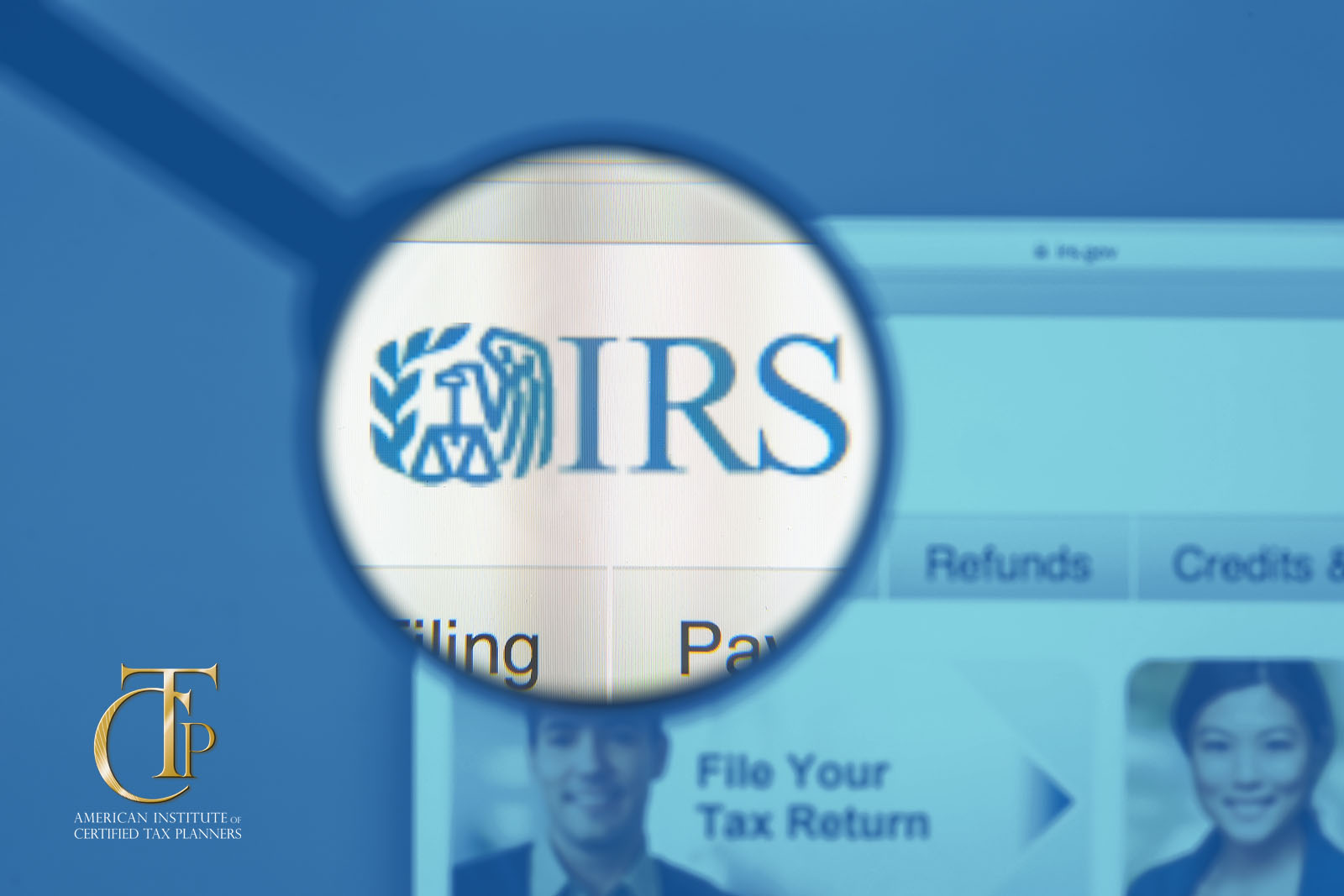One of the many roles we play as tax planners is as the taxpayer’s audit support system. Just the word “audit” can cause the typical taxpayer to panic. We can help reduce taxpayer stress by orienting them to audit basics long before that notice comes in the mail. Our clients should know the reasons they might be selected for an audit, how they will find out they are being audited, and what an IRS auditor might ask for. We will especially want to have this conversation if our client’s tax return features one of the IRS’ red flags of the season. Below are key talking points we will want to review with clients to reassure them that we are prepared to walk them through an audit and to remind them of why working with a tax planner pays off in the end.
Knowing the Common Audit Triggers
No matter a taxpayer’s income or industry, they can be randomly selected for an audit. However, a taxpayer is more likely to be audited if one of the following factors is true:
- The taxpayer’s business is cash-based. Typical examples include laundromats, restaurants, and dollar stores—or any shops with low price tags. If a business is located next door to a check-cashing place, this could also increase their chances of being audited.
- The taxpayer claimed a tax credit that has resulted in a lot of fraud. In recent years, the Employee Retention Credit (ERC) has become a major IRS red flag. This refundable tax credit was designed to help businesses whose employees were impacted by the COVID-19 pandemic, but within just a few years, the government had detected over $2.8 billion of potentially fraudulent ERC claims. As a result, simply claiming the ERC puts taxpayers higher risk of an audit. Before the ERC, the same was true for captive insurance deductions. Taxpayers and tax preparers alike will want to check the news to keep tabs on the credits and deductions the IRS is currently scrutinizing.
- The taxpayer submitted a large refund request on an amended tax return. If a client’s tax refund seems unusually high, the IRS may initiate an audit to request supporting documentation—again, this is true if even the refund is valid.
- The taxpayer’s Schedule C reports over $250,000 in gross receipts or under $30,000 in net income. Tax returns in these categories have more than a 4% chance of getting audited. The IRS has found that fraudsters will sometimes establish sole proprietorships or single-member LLCs in order to claim deductions they are not entitled to receive. These “phantom schedule Cs” may claim a loss for a business that does not exist or a business in which the taxpayer did not materially participate.
- The taxpayer’s business is set up as a partnership with a complex structure. Complex partnerships commit errors in tax reporting more often, so if a client has a joint venture, real estate investment trust, or similar entity, know that this alone can put the IRS on alert.
The IRS may also initiate an audit if a return is missing a particular form or a signature is missing. Fortunately, the IRS discloses information each year on common audit triggers and on the industries they are currently looking into, so tax planners will need to stay up-to-date on this.
Receiving an IRS Audit Notice
Taxpayers will typically receive audit notices via mail. At the moment, the IRS does not initiate contact via email or telephone, so if a client mentions an audit-related email or phone call, be on alert for a potential scam. Also, the IRS is not likely to send an agent in person to conduct an audit without contacting the taxpayer ahead of time to schedule a visit. This is most likely to occur if the agent wants to conduct a site visit, an inspection, an observation, or an interview.
As tax planners, we can simplify the process by using software such as IRS Solutions that allows taxpayers to give us power of attorney. Through these systems, we can receive an electronic alert before our client even sees that IRS audit notice in the mail. This gives us additional time to prepare documentation before the audit even begins.
Preparing to Meet IRS Requests
The most common request from an auditor is for verification of claims made on our client’s tax return. Sometimes the information the IRS is looking to collect has more to do with their research on a certain industry or business type where they do not currently have enough data. For instance, the IRS may want to learn more about how Etsy store owners report income. The IRS may look at specific SIC codes to identify taxpayers in their target industry and send out correspondence audits to a sampling of people that claimed that SIC code. This is how the IRS develops clearer insight into potential tax reporting issues and identifies deficiencies they can collect on.
Auditors will often request books and records. Remember that technically the IRS should be looking for a sample versus requesting access to every single transaction upfront. An auditor may also ask for an in-person meeting. A best practice is to avoid meeting at the taxpayer’s home, especially if they have a home office that we claimed a deduction for. An in-person visit can result in the auditor misinterpreting clues in the taxpayer’s home and attempting to disallow the deduction. Instead, recommend meeting at the IRS office or even our tax practice’s office if needed.
Finally, prepare the taxpayer for the possibility of an interview by discussing who should lead the conversation. Ideally, the taxpayer would agree to allow us as tax professionals to handle communications to avoid the possibility of the client accidentally setting off any red flags with an offhanded comment. We can request power of attorney from our clients so that the IRS has to go through us with any requests and questions.
Summary
An audit can happen to anyone, and the best way to prepare is to ensure our clients know what that will look like and that they have nothing to fear if their business is truly on the up and up. By orienting ourselves to the common audit triggers in our client’s industry, we can prepare them for the likelihood their return will be flagged and reassure them that this is not necessarily a sign anything is wrong with their tax return. Though the prospect of an audit can be intimidating, this can also be an opportunity to show our clients the true value we bring to the table. To learn more about how to prepare for an audit and how to prepare our clients in advance, sign up today to become a Certified Tax Planner.





